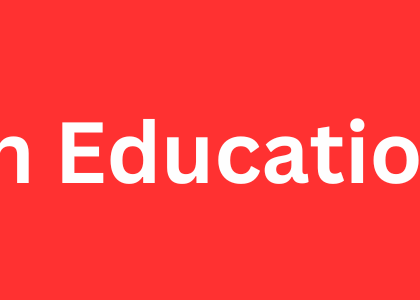Study in Canada After 12th
Are confused About Which University to Choose For Study in Canada After the 12th Our consultants help you.
For students interested in studying in Canada After the 12th, Montreal and Toronto are two cities that can offer the best offer. Toronto is also a distinguished center for the ethnically diverse metropolis, higher education, and research, giving shelter to many world-famous educational institutions like the University of Toronto.
Students interested in studying in Canada have the opportunity to choose between more than 10,000 undergraduate and undergraduate programs provided in nearly 92 universities + 175 community colleges.
Of course, it will not end here Studying in Canada After 12th is one of the best experiences a student can garner. Complex with the latest technology, Olympic-level sports facilities, art galleries, and public concert halls – these are some of the many attractions From whom we take advantage With activities like sailing, hiking, skiing, and sledding, there are many opportunities to meet similar ideology and chill out (without any intention) outside the campus! With these fun-filled steps, students can feel and cherish an important aspect that is famous in Canada – local people’s friendship and warmth. If you’re applying for a Canada visa, Visa agent Fairdeal Visa Services in Dehradun will help you to get a Canada visa faster.
One of the best study abroad consultants in Dehradun for study in Canada.
Why Study in Canada?
Internationally – Recognized Degrees
Canada has a well-established position in the world’s major study cities. A peaceful and politically stable country Canada is the sixth securest among 163 countries. In the last two years to two places, it has gotten good marks when it comes to the issues related to internal conflicts, level of crime, and political stability. The land is the second largest country in the world, while in the case of the population is relatively small, Where there are only 37 million inhabitants, financially above their weight. As a top-business nation, it is also one of the richest. The mix will add excellent job opportunities, good health facilities, and effective governance and be one of the best countries to stay with you.Learn and improve your English and French
Canada has two official languages: English and French. In most provinces and areas, English is the most Spoken language. French is the main language spoken in certain areas of Quebec and Ontario, New Brunswick and Manitoba. There are also Francophone communities in all the provinces and territories throughout Canada. There is a large minority of Quebec residents who speak English.

